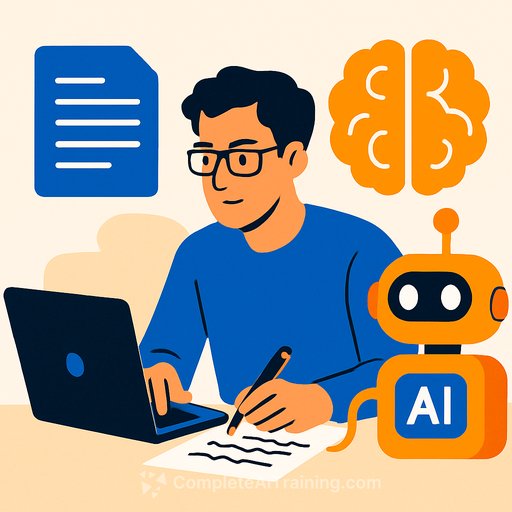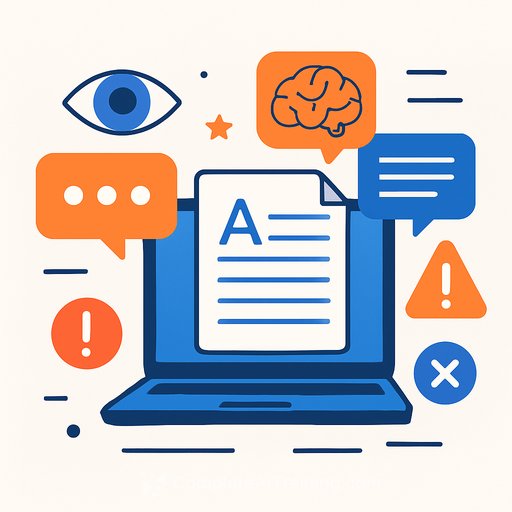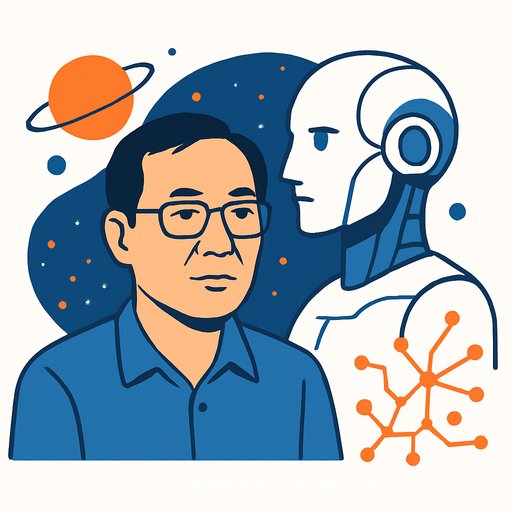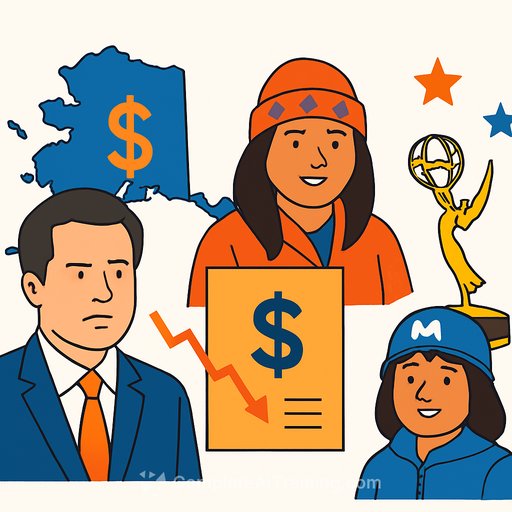Jimmy Soni on Writing and AI
Jimmy Soni, author and former managing editor of The Huffington Post, is known for his biographies such as A Mind at Play, about Claude Shannon, and The Founders: The Story of PayPal and the Entrepreneurs Who Shaped Silicon Valley. In a conversation with David Perell, Soni shares insights into his writing habits and research methods. A key focus is how he approaches artificial intelligence as part of his writing process.
AI as a Research Tool, Not a Replacement
Soni compares AI to “Google on steroids” for research and fact-checking. He describes using Claude, an AI assistant, to verify details about Jewish burial practices while editing a grief memoir. He would feed a paragraph to the AI and ask for sources, quotes, and nuanced explanations. This highlights AI’s role as a support tool rather than a substitute for human expertise.
Currently, Soni is writing a book about Kobe Bryant and uses AI to supplement his research. He says, “I’m still cooking the meal when it comes to the Kobe book... But AI is an exceptionally sharp knife, unlike anything I’ve ever seen.” Writers should always double-check facts provided by AI and avoid accepting them at face value.
AI as a 24/7 Editor
Another advantage Soni points out is access to editorial assistance around the clock. “No writer works alone. They have people who work with them. I now have the world’s greatest editor who never complains, never gets tired, never turns off.” If he’s working early in the morning and needs feedback, AI is there.
Soni uses Claude to identify weaknesses in his writing and to argue opposing views. For example, he asks AI to write a 700-word critique of his essays or opinion pieces. This lets him evaluate his work from different angles. You can even instruct AI to be harsh, like a tough talent agent pointing out flaws.
Still, Soni stresses the importance of human input. AI can’t sense when a piece just “feels” off, a uniquely human judgment. Writers should have others review their work or read it aloud themselves.
AI Can Help Overcome Creative Blocks
Soni sees AI as a way to bypass self-doubt that often stops writers before they start. “What if somebody doesn’t like it? What if they think less of me?” AI helps by getting you to a finished draft faster, acting as an “anxiety antidote.”
Getting past that initial hurdle is what matters most. Whether you use AI or not, the goal is to start writing. The process might be slower without AI, but progress comes from taking that first step.
For writers interested in integrating AI tools into their workflow, resources like Complete AI Training’s ChatGPT courses offer practical guidance.
Your membership also unlocks:






